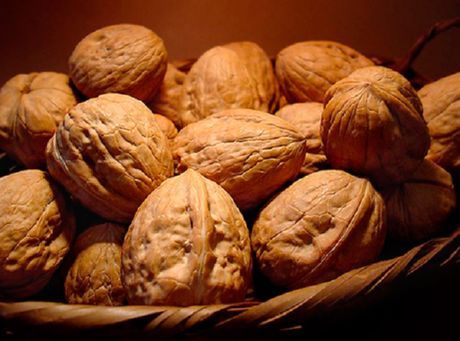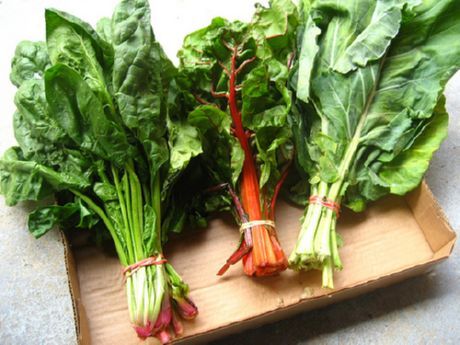Medical expert of the article
New publications
Top 9 healthiest foods during pregnancy
Last reviewed: 01.07.2025

All iLive content is medically reviewed or fact checked to ensure as much factual accuracy as possible.
We have strict sourcing guidelines and only link to reputable media sites, academic research institutions and, whenever possible, medically peer reviewed studies. Note that the numbers in parentheses ([1], [2], etc.) are clickable links to these studies.
If you feel that any of our content is inaccurate, out-of-date, or otherwise questionable, please select it and press Ctrl + Enter.
The baby's nutrition begins from the moment of conception, and therefore it is very important for a pregnant woman to know what foods should be included in the diet in order to provide not only her body, but also the baby's body with the necessary vitamins and microelements.
Eggs
Eggs contain more than 12 vitamins and minerals, and a lot of quality protein, which are important for building the cells of the baby's body. Eggs are also rich in choline, which promotes the health of the baby's brain and helps to avoid neural tube defects. In addition, eggs contain omega-3 fatty acids, which are necessary for the development of the brain and vision of the embryo.
Pregnant women with normal blood cholesterol levels can eat one to two eggs a day as part of a balanced diet low in saturated fat.
Salmon
Salmon is one of those fish species that contain relatively low levels of mercury. However, to avoid mercury overload, nutritionists do not recommend consuming more than 340 grams of salmon per week. Salmon is an excellent source of omega-3 fatty acids and high-quality protein, which promotes brain development in children.
Lean meat
Nutritionists recommend that pregnant women avoid fatty meats and focus on beef and lean pork. In addition to high-quality protein, these types of meat contain choline. However, pregnant women should refrain from eating hot dogs or similar products. This increases the risk of infection with parasites and bacteria.
Legumes
Black beans, lentils, beans, chickpeas – all these legumes contain a large amount of fiber and protein. We have already talked about the benefits of protein, but fiber will help pregnant women cope with gastrointestinal tract disorders, in particular, constipation.
 [ 4 ]
[ 4 ]
Walnuts

Some women may not like fish or eggs, so walnuts can help ensure that your body gets essential omega-3 fatty acids.
Sweet potato
Carotenoids contained in sweet potatoes are converted into vitamin A in our body. Sweet potatoes are also an excellent source of vitamin C, folate and fiber. By the way, excessive consumption of such products as milk, eggs and liver can lead to an excess of vitamin A in the body. However, there is a caveat: a large amount of ready-made vitamin A obtained from the above products can be harmful, but this does not apply to carotenoids.
Whole grain products
Whole grain products are very useful for the body, especially during pregnancy. They contain nutrients and fiber, selenium, vitamin E, and phytonutrients - substances that protect the body from harmful effects. Whole grain products include buckwheat, oatmeal, pearl barley, whole grain bread, and popcorn.
Greek yogurt
Greek yogurt is a very nutritious product, similar to sour cream, but much lighter and healthier. It is an excellent source of calcium, which is very important for the formation of bone tissue and teeth of the baby.
Leafy vegetables

Cabbage, spinach, and lettuce contain nutrients that can provide a pregnant woman's body with vitamins K, A, and C, as well as folate.

